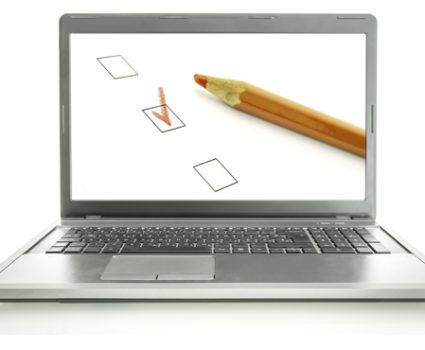
Shopping around for RM software? Technical questions you need to ask – Part Two
In last week’s blog post we started to outline the key technical questions to ask before purchasing records management software. Understanding the technical aspects of the solution up front helps avoid frustration and disappointment later on.
Our first batch of questions looked at variety of factors, including:
- the vendor itself (how long have they been around, who are their clients?)
- updates (how often are they performed, do they cost extra?)
- training and support (what does it entail, what are the support standards?)
- compatibility (with other software, hardware and network resources).
We will complete our list with five more technical factors to explore.
- Data backup, import and export Records management software captures and stores a lot of data. It is important to fully understand how data is brought into the system and how it can be taken out of the system. For importing data, find out whether the system can accommodate a “batch import” of record data (for example, via upload of a csv file). Also, can it connect directly to other software to import records created in those systems? These kinds of features can be very important, especially if many of your records are created in other software tools (such as loan origination systems, or invoicing systems). Also be sure to find out how data is backed up. Does the software create backups automatically? Where are those backups stored? Are you able to export data yourselves, whether for backup or for use in other systems?
- Security and Disaster Recovery Records management software deals with sensitive corporate and customer records, which makes security a very important part of the technical discussion.Be sure to get a clear understanding of the various security features available with the software. These include such features as server security protocols, user permission levels, and enforced password strength. Also, find out if the provider has a disaster recovery plan in place, and what it entails. You want to be sure that the software is available in the event of emergencies or disasters.
- Workstation requirements For end users and administrators alike, ask about the requirements for workstation computers. What hardware, operating systems or other software are required? Be as specific as possible. For example, the records management software may only be compatible with certain versions of internet browsing software.
- Storage devices Digital file storage is also a major consideration, especially if you plan to capture and store many document images. Most records management software will be compatible with a variety of storage devices. Find out what your provider recommends in terms of minimum storage capacities and preferred formats. This should take into account your unique business requirements and how you intend to use the system. For example, you’ll need much higher storage capacity if you are capturing and storing large detailed files such as architectural or engineering drawings. Also keep in mind any regulatory requirements. In some industries, such as banking, regulatory bodies require that certain kinds of records are stored in specific formats, such as write-once, read-many (WORM). Make sure the software supports these mandated formats.
- Printing and scanning devices Obviously you’ll want to be sure that the RM software is compatible with all your existing printers and imaging devices. These may include:
- label printers
- color inkjet printers
- color laser printers
- mobile bar code scanners
- desktop bar code scanners
- document scanners
It is best to ask the software manufacturer for a complete list of compatible printers and scanners. That way if you decide to purchase from another manufacturer in future, you’ll know ahead of time that your software will be compatible with it.
As our two posts have shown, there is a lot to think about on the technical side of RM software. Every good provider should be able to provide answers quickly and work with you to address any potential issues that you discover. The sooner you start the conversation, the better!
Next Steps





